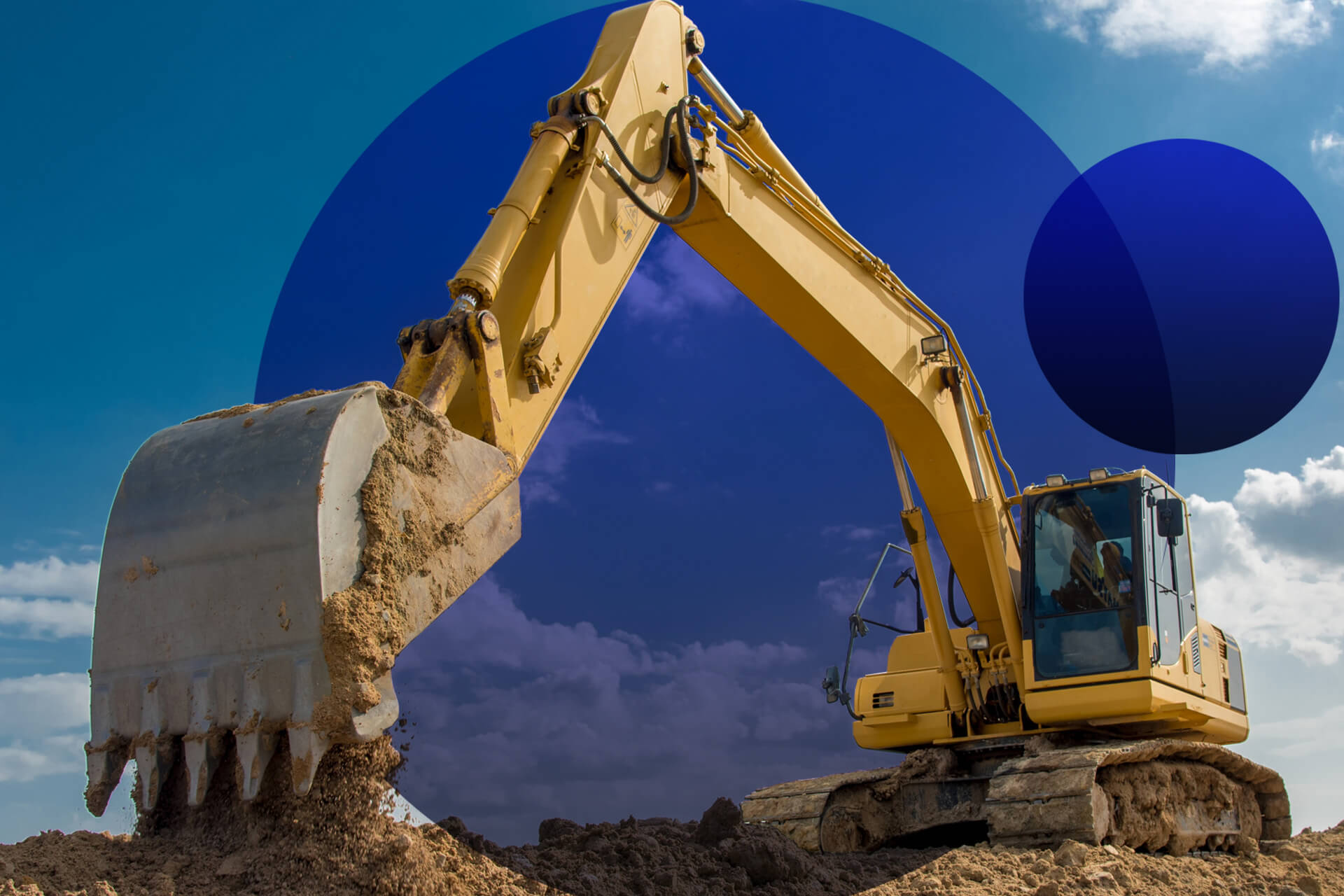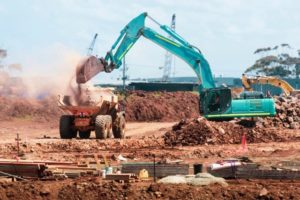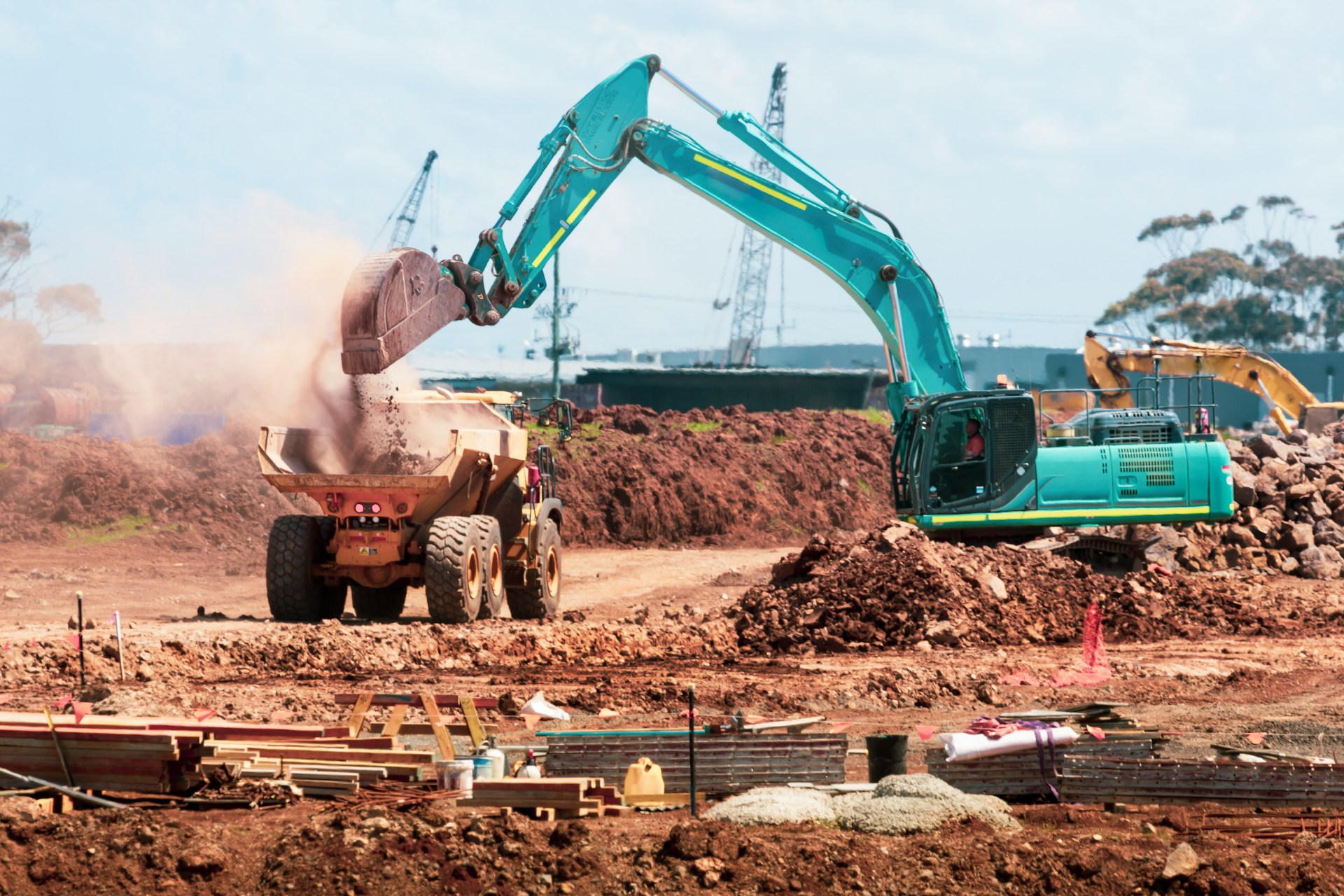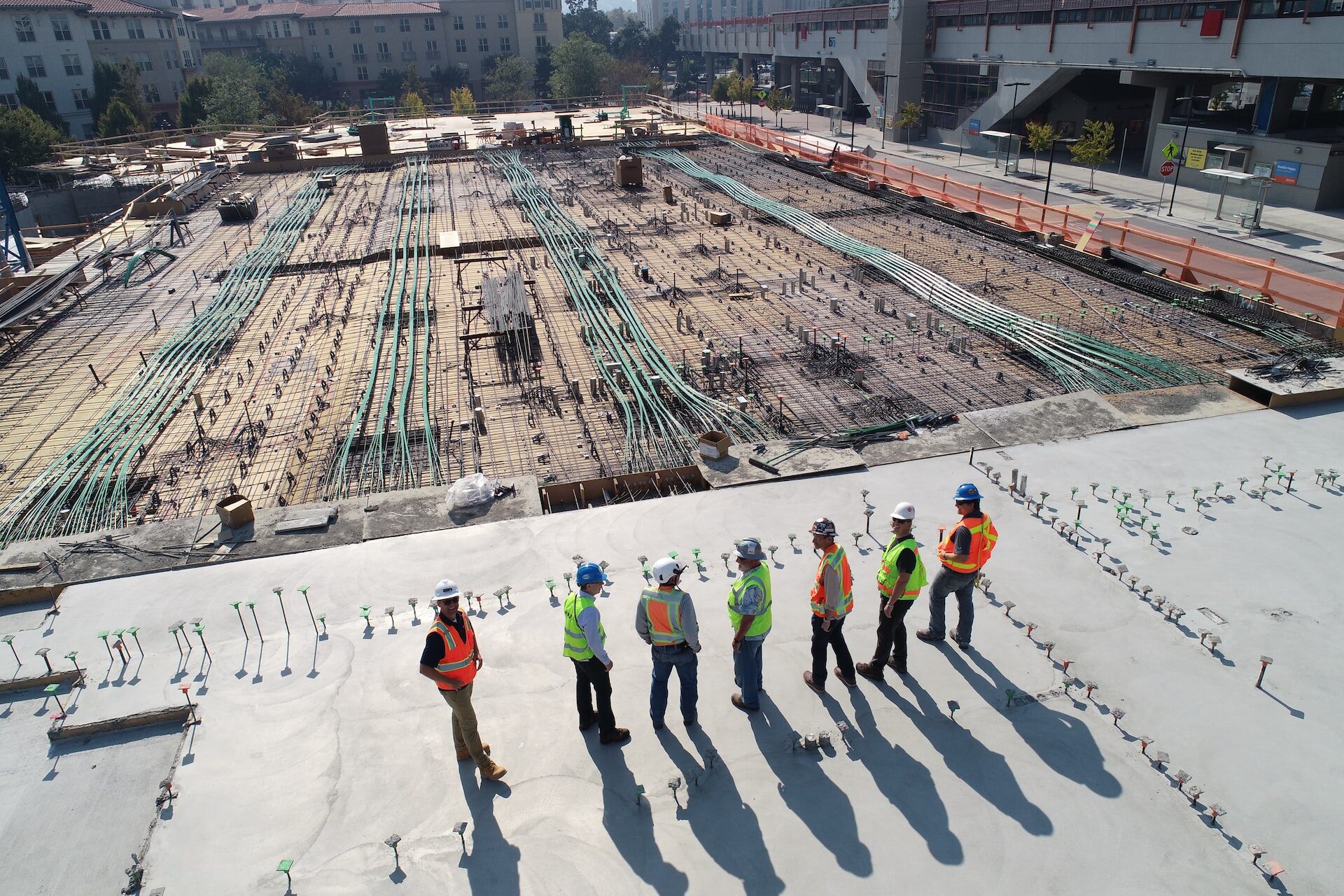
10 Amazing Benefits of Performing Regular Maintenance on Heavy Equipment
May 25, 2022 - Emily Newton
Revolutionized is reader-supported. When you buy through links on our site, we may earn an affiliate commision. Learn more here.
The industrial sector is rife with massive projects that would be nearly impossible to complete with hand tools from manufacturing to construction. In these industries, heavy equipment is the backbone of our projects. Keeping this machinery operational is an industry on its own. What are the benefits of regular heavy equipment maintenance? Why should you ensure that you adhere to your fleet’s preventative maintenance schedule?
1. Increase Your Equipment Lifespan
Perhaps the most obvious reason to perform regular maintenance on your equipment is to increase its life span. Like any piece of machinery, heavy equipment has a finite life span, after which repairs and maintenance will no longer help. The goal isn’t to make them last forever but to keep them operational for as long as possible. The average life span of a piece of heavy equipment is higher today than it’s been since the 1940s.
For business owners concerned about a return on investment, the longer a piece of equipment lasts without requiring expensive repairs, the faster you’ll be able to see that return.
2. Regular Maintenance Reduces Insurance Costs
When it comes to insurance costs for heavy equipment, there are multiple facets you must consider. First, there is equipment insurance. Neglecting regular maintenance on your fleet may leave you on the hook for repair costs, depending on the details of your insurance policy. Negligence may be grounds for the company to refuse to cover the repairs.
Another facet is employee safety, which we’ll discuss more in-depth. Equipment failures could lead to workplace injuries or even fatalities, depending on the severity of the breakdown. These injuries, in turn, will lead to workman’s compensation claims that will cost the company more and may also drive up the costs of the related insurance policy.
3. Heavy Equipment Maintenance is Good for Warranties
New equipment often comes with a warranty covering everything from manufacturer defects to breakdowns during normal use. These policies can offer a cushion to protect your company if something goes wrong with a piece of equipment, but it isn’t an invitation to do whatever you want. Most warranties require that you keep up with your equipment’s recommended maintenance schedule to qualify for coverage or reimbursement.
The same rules often apply to the limited warranties offered by licensed resellers on used equipment. They may also require you to have all the work completed by a licensed technician to maintain the warranty. It might feel like a lot of hoops to jump through, but if something does go wrong with your equipment, the warranty could save you a lot of money and trouble in the long run.
4. Find and Mitigate Problems Early
It’s called preventative maintenance for a reason. A vehicle’s recommended maintenance schedule uses years of testing and experience to determine when you’ll need to carry out certain tasks such as changing the oil or replacing filters. These regular checks serve a secondary purpose — making it easier for maintenance technicians to spot problems early before they can cause a breakdown or take your equipment off the job for a long period.
Pairing these preventative maintenance techniques with machine learning systems and predictive algorithms has resulted in creating a new tool — predictive maintenance. By analyzing past maintenance data, these systems can predict when repairs are necessary before the equipment even begins to show signs of wear. The more repair data these machine learning systems have access to, the more accurate their predictions become. It’s not fortune-telling. It’s just pattern recognition at a scale that the average human would find impossible.
5. Prevents Costly Downtime
Broken-down equipment isn’t just costly to repair — it can cause downtime that can cost even more. The average cost of downtime keeps climbing. In the construction industry, taking a single fleet vehicle offline can cost upwards of $750 per day per vehicle and that number doesn’t include the cost of the repairs.
If a vital piece of equipment is down for a long period, it can make it impossible to meet any assigned deadlines, which creates a whole host of new challenges to overcome and expenses to manage.
6. Reduces Need for Equipment Replacement
Equipment repairs can be costly, but those are nothing compared to the cost of a new piece of heavy equipment. Neglecting the repairs on an excavator, for example, can cause a cascade failure that permanently takes the machine offline and then you’re stuck with the cost of replacement. Most new excavators cost between $100,000 and $500,000 — a hefty chunk of change for any business owner. Still, they might be out of reach for smaller companies that don’t have petty cash or financing ability available.
Now, we’re not saying that by keeping up with maintenance, you’ll be able to avoid the cost of replacing equipment completely, but it will save you from having to swallow the expense of a short-notice unscheduled replacement.
7. Keeps Employees and Operators Safe
Working with and around heavy equipment is an environment that, without skilled operators and safety protocols, has great potential to cause harm. In general, a breakdown will be contained to the interior of a vehicle, but catastrophic failures have the potential to fling debris or cause other damage. Anyone caught in the path of a broken excavator arm, for example, will be lucky to survive.
In addition to keeping up with regular heavy equipment maintenance, operators should be trained to recognize signs that the equipment should go in for inspection. Vibrations or noises out of place during normal operation should be noted and reported.
8. Preventing Cost Overruns
Most construction projects operate on tight margins, making the possibility of cost overruns something that you need to take steps to avoid. Having to buy new equipment, pay for costly repairs or offset the impact of extended downtime will all cut into the project’s profit margins and have the potential to cause significant cost overruns.
Regular maintenance can help save up to 40% of cost overruns. We understand that these projects often operate on a razor’s edge, and it doesn’t take much to push them one way or the other. Something as simple as regular maintenance can keep companies on that edge without allowing them to falter or founder.
9. Reduces Depreciation
Like the car or truck you drive to work, heavy equipment begins to depreciate as soon as it starts operation. Keeping up with a regular heavy equipment maintenance schedule can mitigate some of that depreciation and help the equipment maintain its value long enough to resell when you’re ready to upgrade or no longer need it.
Regular maintenance won’t eliminate depreciation, just like taking care of your car doesn’t prevent it from losing value as soon as you drive it off the lot. Still, it can help secure your return on investment when you decide to sell.
10. Improves Equipment Efficiency
If you took two people — one who’s gotten a good night’s sleep and the other who’s been awake for 24 hours — who do you think will perform better in the workplace? The same train of thought can apply to heavy equipment. Machinery that’s been cared for will be more efficient and operate better than overused and neglected equipment. Improved efficiency will also impact overall productivity and make it easier to meet deadlines because there are no unscheduled downtimes to solve.
Operator training is key to equipment efficiency as well. A skilled and trained operator will be able to make the most of their equipment, where a new or untrained operator might struggle. This training can also help keep your employees safe by reducing incidents related to heavy equipment.
Don’t Cut Corners on Heavy Equipment Maintenance.
When you’re riding a tight deadline and an even tighter margin, taking time out for maintenance might seem waste. In reality, skipping those maintenance sessions will come back to bite you in more ways than one. Refusing to maintain equipment or neglecting regular maintenance will make your fleet more prone to breakdowns and catastrophic failures. Don’t cut corners, either with time or money, for regular maintenance. Your crew will thank you and it will be better for your company and your bottom line in the long run.
Revolutionized is reader-supported. When you buy through links on our site, we may earn an affiliate commision. Learn more here.
Author
Emily Newton
Emily Newton is a technology and industrial journalist and the Editor in Chief of Revolutionized. She manages the sites publishing schedule, SEO optimization and content strategy. Emily enjoys writing and researching articles about how technology is changing every industry. When she isn't working, Emily enjoys playing video games or curling up with a good book.





My grandpa recently took up a large landscaping project on his property and realized the need for a versatile and powerful piece of equipment to handle the earthmoving and excavation tasks. Understanding the efficiency and convenience that a backhoe can offer, he is actively looking into purchasing one to aid in the completion of his project and enhance his ability to manage the land effectively. I hope he knows that new equipment frequently comes with a warranty that covers anything from manufacturing flaws to malfunctions in the course of routine usage and that these insurance plans can provide a safety net to shield your business in the event that something goes wrong with a piece of equipment. Thanks.